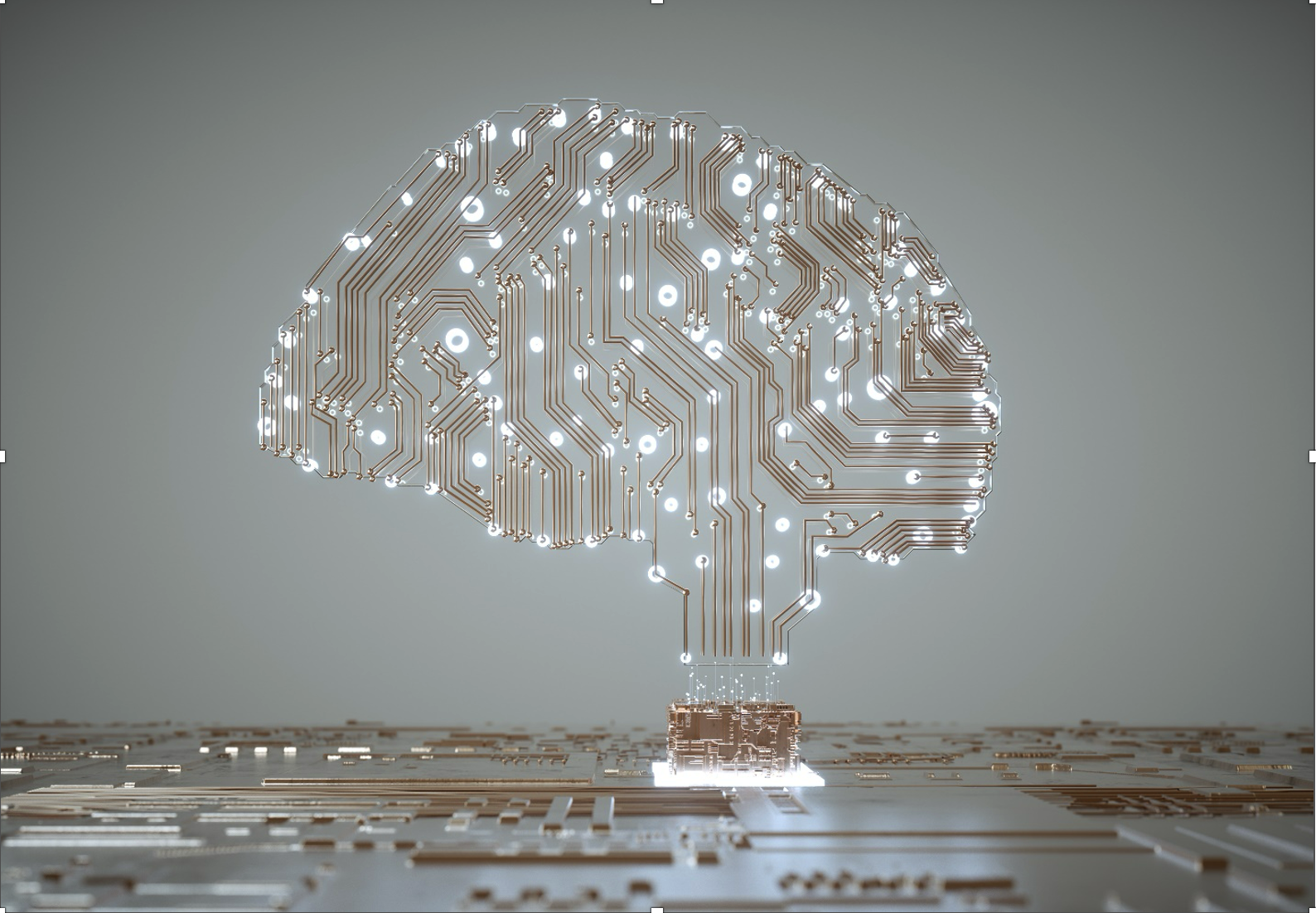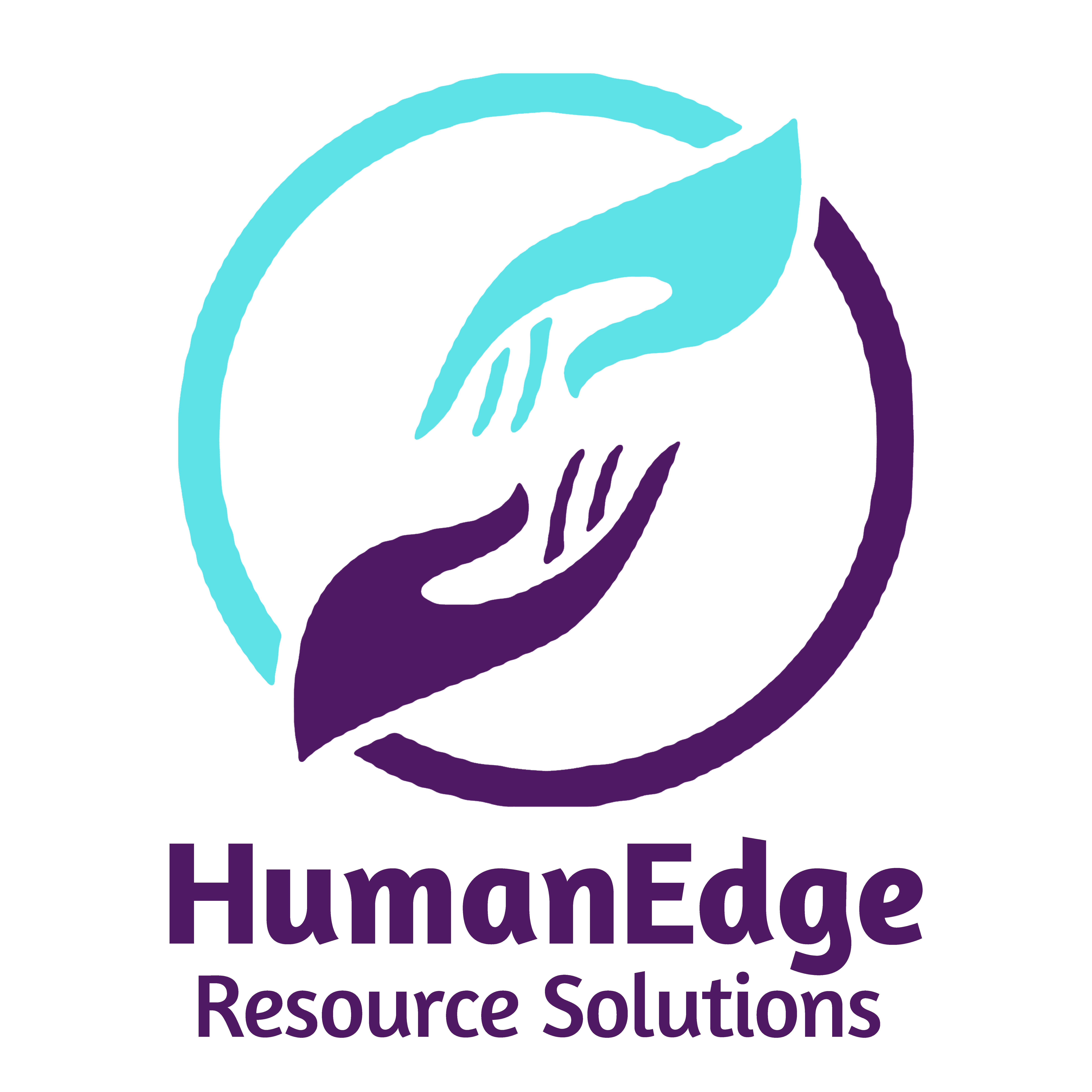
By Sonya Atkins-Goodman, Founder & President
In the modern workplace, staying ahead of trends is crucial for businesses to thrive. One undeniable truth is that the demand for hiring will persist, as the steady rate of quitting among employees remains status quo. As organizations are still finding themselves trying to adapt to this reality, Artificial Intelligence (AI), is revolutionizing the workforce landscape, presenting both challenges and opportunities. Let us explore how businesses can navigate these changes to build a robust and future-ready workforce.
Current trends in the job market indicate a steady rate of quitting among employees. It is still an employee’s market. While this might initially seem like a challenge for employers, it presents an opportunity to reassess and revamp their talent acquisition strategies. Employees today are seeking more than just a job – they are looking for purpose, growth, and a positive work culture. By aligning organizational values with employee expectations, businesses will be more appealing and have an advantage to attract and retain top talent.
Contrary to the fears of a shrinking job market, the demand for hiring remains robust. As employees explore new opportunities, organizations must focus on creating an appealing employer brand and remain appealing as uncertain economic uncertainty may seem to be looming. This is especially true of those employers with five hundred or less employees. But companies that invest in employee development and upskilling, provide a flexible work environment, and foster a culture of inclusivity will be best positioned to attract and retain skilled professionals.
Artificial Intelligence is no longer a futuristic concept; it is reshaping the workforce as we know it. From automating routine tasks to enhancing decision-making processes, despite controversies of the use of AI in the workplace, AI is still becoming an integral part of business operations. As businesses embrace AI technologies, the demand for talent with expertise in AI-related fields such as machine learning and data science is on the rise.
This integration of AI brings to light the skills gap that organizations must address proactively. Upskilling and reskilling initiatives are essential to ensure that existing employees are equipped with the knowledge and skills needed to collaborate seamlessly with AI technologies. Investing in training programs not only benefits employees but also ensures that businesses have a workforce capable of leveraging AI to its full potential and remain competitive. The constructive collaboration between human intelligence and AI capabilities can lead to increased productivity and innovation as a resource tool, but companies should carefully evaluate those positions that still require the emotional skills that only humans can provide.
In the face of a steady rate of quitting and the ongoing AI revolution, businesses must adapt to remain competitive. By understanding the evolving needs of employees and leveraging AI technologies responsibly, organizations can build a resilient and future-ready workforce. The key lies in fostering a culture of continuous learning, collaboration, and innovation – hallmarks of successful businesses in the ever-changing landscape of the modern workplace.
